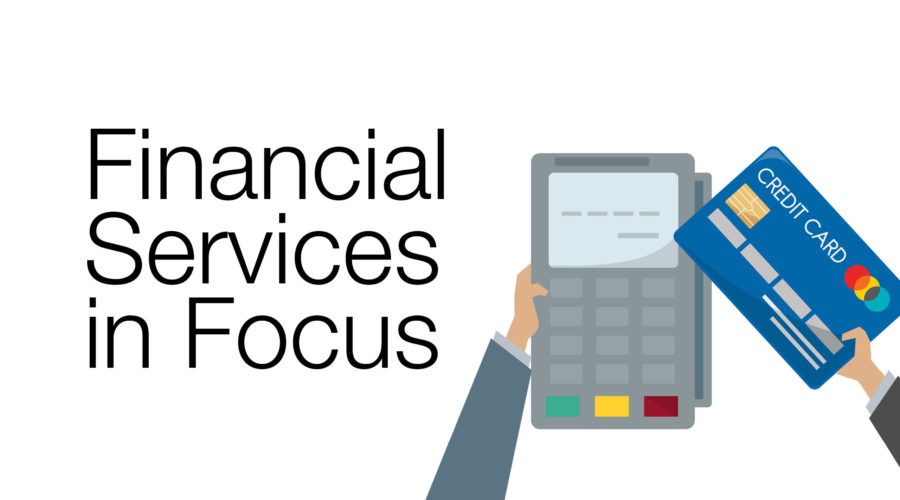Copyright law update – proposed amendments to website blocking laws
Background
The Copyright Amendment (Online Infringement) Act 2018 (Act) which passed both Houses of Parliament on 28 November 2018, and is due to commence the day after it receives Royal Assent, amends section 115A of the Copyright Act 1968 (Cth).
Section 115A of the Copyright Act was introduced in 2015 and enables a copyright owner to apply to the Federal Court of Australia for an injunction requiring a carriage service provider (CSP) to take reasonable steps to block access to an online location located outside Australia that infringes, or facilitates an infringement, of copyright and has the primary purpose of infringing copyright or facilitating the infringement of copyright (whether or not in Australia) (Online Infringement Provisions).
The key changes to section 115A made by the Act are:
- amending the threshold test from ‘primary purpose’ to ‘primary purpose or primary effect‘;
- including a rebuttable presumption that the relevant online location is outside Australia;
- extending its application to online search engine providers; and
- making provision for more responsive orders to be made by the Court.
These changes were prompted following consultation by the Department of Communications with stakeholders earlier this year regarding the effectiveness of the operation and processes of the Online Infringement Provisions.
Summary of key amendments
The key amendments to section 115A made by the Act are set out below:
Amending the threshold test – ‘primary purpose or primary effect‘
The Act amends section 115A so that the relevant test for obtaining an injunction is whether the relevant online location outside of Australia infringes, or facilitates infringement, of copyright and has the primary purpose or primary effect of infringing or facilitating an infringement, of copyright (whether or not in Australia).1
By expanding the test to cover both purpose and effect, the Copyright Act now operates to reduce the evidentiary burden which had been placed on copyright owners to satisfy the Court that the requirements for an injunction have been met.
Rebuttable presumption that the relevant online location is outside Australia
The Act also relieves the evidentiary burden on copyright owners in obtaining an injunction under section 115A by including a rebuttable presumption that the relevant online location is outside Australia.2
Previously, copyright owners had to establish that an infringing location is located outside of Australia. This can be difficult for copyright owners to prove given the use of proxy servers and other devices which hide the location of an infringing online location.
Extending application to online search engine providers
The Act amends section 115A to enable copyright owners to apply for an injunction against an on ‘online search engine provider’ (other than a provider that has been declared exempt under new subsection 115A(8B))3, where an injunction is also sought against a CSP.
Under the amended section 115A(2) the Court may require an online search engine provider (such as Google) to take such steps as the Court considers reasonable so as not to provide a search result that refers users to the online location the subject of the injunction application against the CSP.
The matters that the Court will take into account when considering whether to grant an injunction against a CSP have been expanded to also cover an online search engine provider.4
Provision for more responsive orders to be made by the Court
As noted in the explanatory memorandum to the Copyright Amendment (Online Infringement) Bill 2018, one of the limitations of the earlier legislation is that operators of online locations could attempt to avoid injunctions under section 115A by using another domain name, creating a new URL for the same content or obtaining a new IP address.
To address this, the Act includes new provisions which allow the Court to make more responsive orders as part of an injunction application.
The Copyright Act now provides that the Court may grant an injunction in the terms and conditions it considers appropriate.5 The new section 115A(2B) makes it clear that, without limiting the terms and conditions that may apply to an injunction, the Court may make injunctions in terms that require CSPs and online search engine providers to take reasonable steps to block, or not provide search results that include certain domain names, URLs and IP addresses that provide access to the online location.6
The Act is a positive step in assisting copyright owners address online copyright infringement.
1Amended section 115A(1)(b).
2New section 115A(5).
3New section 115A(8B) empowers the Minister, by legislative instrument, to declare that a particular online search engine provider, or an online search engine provider that is a member of a particular class, must not be specified in an application for an injunction under section 115A.
4New sections 115A(5)(ea) and 115A(5)(ga).
5New section 115A(2A).
6New section 115A(2B)(a)(i) and 115A(2B)(b)(i).
Contact
Related practices
You might be also interested in...

Financial Services | 17 Dec 2018
Financial Services in Focus – Issue 17
On 13 December, ASIC announced that it is concerned about recent control transactions where part or all of the consideration includes ‘stub-equity’ in Australian proprietary companies.

Corporate & Commercial | 11 Dec 2018
January reporting deadline approaching for owners and operators of critical infrastructure
If you are a responsible entity for, or direct interest holder in, a ‘critical infrastructure asset’ you have until 11 January 2019 to comply with your initial reporting obligations under the Security of Critical Infrastructure Act 2018.





